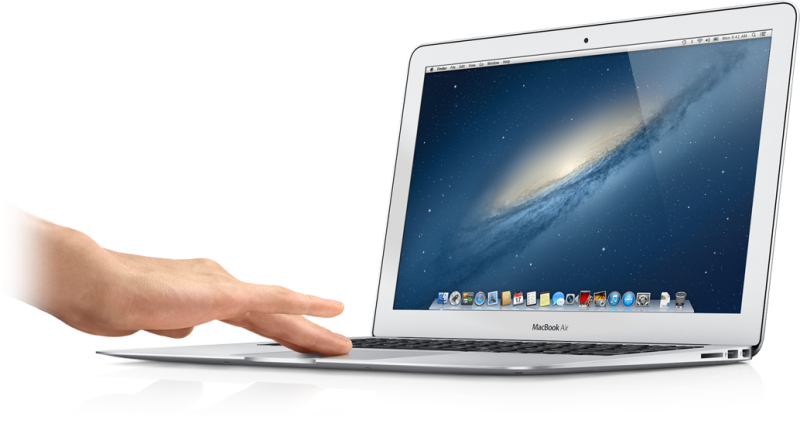

Whether or not this spoof-mac HomeBrew approach is easier than using the bundled command line tools to spoof a MAC address in Mac OS is up to you and your particular use case. Perhaps a similar privacy feature will arrive for the Mac eventually. This applies to the Mac computer of course, but interestingly enough, the latest versions of iOS and iPadOS offer a private wi-fi address feature on iPhone and iPad that is basically changing and randomizing the MAC address as well for those devices. In testing, both worked on my particular MacBook Air, and FWIW disabling Wi-Fi is the more traditional approach. Note that some users may find that only disconnecting from the active wi-fi network, changing the MAC address, then reconnecting to that network works, while others may find that temporarily disabling wi-fi, changing MAC address, then re-enabling wi-fi works. The MAC address will remain changed until you either switch it back, or the Mac is rebooted.

#Apple mac wifispoof install
From Terminal app, install mac-spoof with HomeBrew.Assuming that’s already done, launch Terminal app to get started. Using spoof-mac to Change a MAC Address in MacOS Monterey / Big Surīefore beginning, you will need to install Homebrew on the Mac if you have not done so already. This is aimed at advanced users, as the majority of people have no need to change a MAC address or spoof one. And by the way, MAC in this case stands for Media Access Control, not to be confused with Mac which is short for Macintosh – but yes, this article will cover changing the MAC address on a Mac. Additionally, some services use a MAC address to track a computer or device. For some quick background, your computers MAC address is unique and identifies it to connected networks, and some services use MAC addresses for filtering who or what is allowed onto a particular network.


 0 kommentar(er)
0 kommentar(er)
